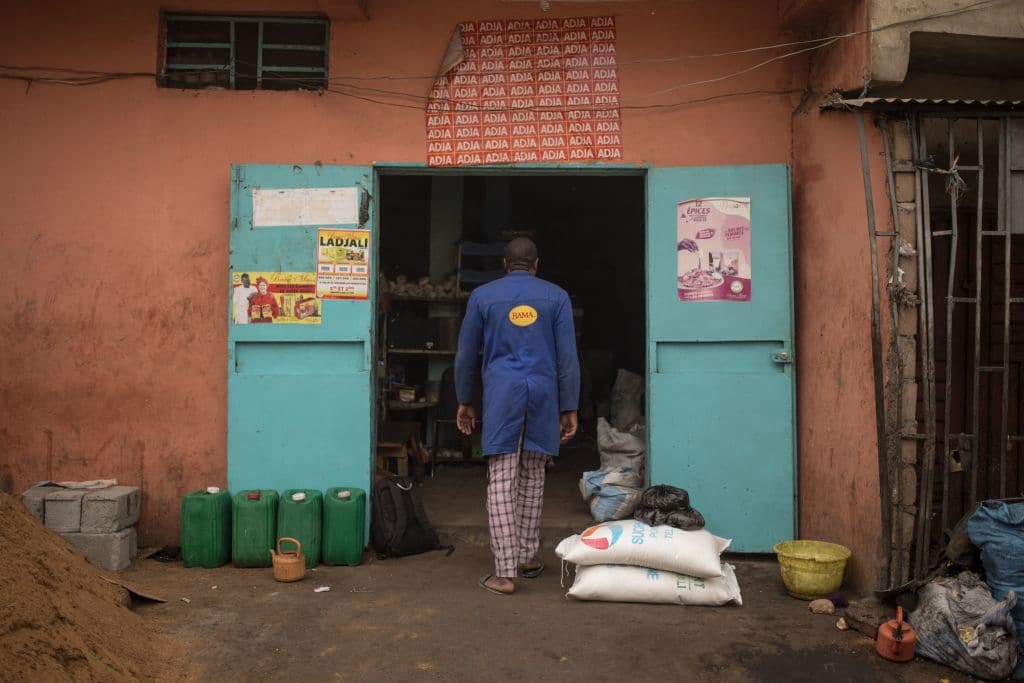The Western African nation of Mali has been under heavy sanctions since a military coup overthrew the government, the second in two years. The current military junta has demanded the withdrawal of many European security forces based in the country. How stable is the situation in the nation and the Sahel region?
Stability in Mali seems to be under question as the West African nation – the stage of a recent military coup – sees itself the victim of wide-reaching sanctions amidst the new military junta. The economic blockades, driven by both European countries and the Economic Community of West African States (ECOWAS), have led to widespread protests and a newfound sense of nationalism in the populace. Critics of the sanctions claim that they are having more of an impact on ordinary citizens.
“These sanctions were imposed when it became clear that the deadline would not be met,” says Ornella Moderan, Programme Head of the Sahel Programme, Institute of Security Studies (ISS) Regional Office for West Africa, to FORBES AFRICA. “It’s to push the Malian transitional authority to propose a way forward that ECOWAS would consider a workable alternative.”
In May last year, the Malian military, led by Vice President and 2020 junta head Assimi Goïta, arrested then President Bah Ndaw. The coup was widely condemned by the international community, which led to strict sanctions imposed in December as the junta shelved plans to hold general elections this month, instead indicating that these might be postponed for another five years.
However, with over a third of the population already dependent on humanitarian aid, and food insecurity at its worst over the last decade, NGOs and relief organizations caution that those being hurt most by the current sanctions are the country’s most vulnerable.
Loading...
“It’s critical that these new restrictions do not further hamper people’s ability to access humanitarian assistance and basic social services in a country where 70 per cent of the food is imported and where 1.2 million Malians are facing a food crisis,” said the NGOs in a joint statement, which includes prominent organizations such as Oxfam and the International Rescue Committee amongst others.
Thousands of protestors answered a televised call from Goïta, demonstrating in the streets of the capital of Bamako over the last two weeks, against what Goïta has termed “illegal, illegitimate and inhumane” sanctions against the nation.
“These days, except for the vegetables, nothing is affordable,” said Bamako resident Fané Tenin Berthé to France’s TV5 last week. “Onions are expensive, oil, and I’m not even mentioning meat. Prices have really increased.” It does seem that some of the increases are more as a result of rising transportation costs and speculative interest, as many essentials such as food items, petroleum and other goods are exempt from the sanctions. “There isn’t a direct effect as of yet – Mali isn’t down on its knees financially,” says Moderan. “Some prices have risen, but by and large people are continuing with their daily activities as normal.” However, she cautions that this may not remain the case should the sanctions continue, particularly if they reach as far as the festive time of Ramadan in April.
The circumstances are further complicated by a foreign force drawdown over the last few months, which has seen major international players such as France and Denmark withdrawing much of their soldiers. The international forces were originally present as a result of a 2013 request from then
President Dioncounda Traore to combat terrorism within the Sahel region. However, the junta has been less supportive of foreign security intervention within the country.
“We invite them [the Danes] to be careful about some partners who sadly have problems getting rid of their colonial reflexes,” said Interim Prime Minister Choguel Kokalla Maiga in a statement to diplomats last week.
However, the combination of the reduction of international forces, economic sanctions and general tensions as a result of the coup paint a bleak picture for ordinary Malians in the months to come.
“The sanctions have taken precedence over the security situation in international discourse,” continues Moderan. “It would be a mistake to assume that the security situation is stable. It’s just that we are no longer discussing it.”
Loading...
